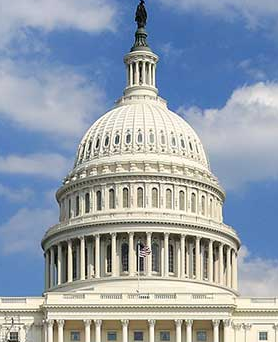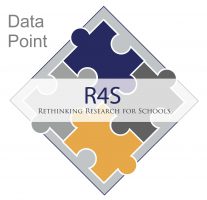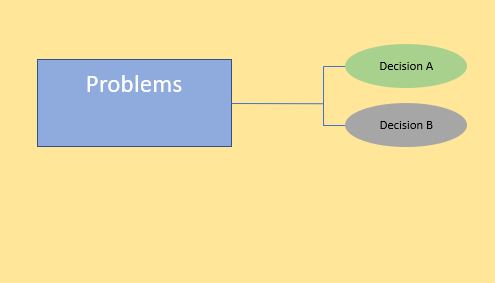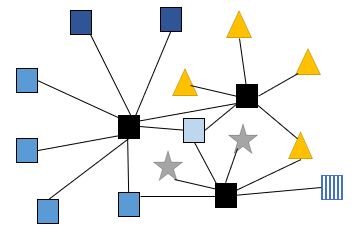JOURNAL ARTICLES
The Roles Foundations are Playing in the Evidence-Based Policy Movement
The role of private foundations in the evidence-based policy movement is extensive and significant. Foundations have been shifting their focus from the general government to supporting more state and local levels. Robert C. Granger explores the evolving nature of foundations and provides examples to place the change in context. Continue reading The Roles Foundations are Playing in the Evidence-Based Policy Movement →
The Institute of Education Sciences: A Model for Federal Research Offices
Research offices of cabinet-level departments in the federal government are crucial in maintaining and promoting evidence-based policy. Grover J. Whitehurst uses the Institute of Education Sciences as a model for addressing the challenges and recommendations for improving the functioning of federal government research offices. Continue reading The Institute of Education Sciences: A Model for Federal Research Offices →
The Role of Federal Agencies in Creating and Administering Evidence-Based Policies
Federal agencies’ push towards the intentional use of evidence in policy development is cause for federal agencies to evaluate the accessibility of existing evidence. Rebecca A. Maynard discusses the four pillars of support provided by federal agencies in the road to advance the federal evidence-based policy agenda. Continue reading The Role of Federal Agencies in Creating and Administering Evidence-Based Policies →
DATA POINTS
Leveraging Professional Activities to Increase Teachers’ Research Use in their Practices
Report on the prevalence of various professional development activities of elementary, middle, and high school teachers. Continue reading Leveraging Professional Activities to Increase Teachers’ Research Use in their Practices →
Access to and use of research databases
This article discusses educators’ perception of and use of education research databases as a tool for accessing evidence. Continue reading Access to and use of research databases →
Educators’ Experiences with Research
Based on survey results, learn how educators have been involved with research. Continue reading Educators’ Experiences with Research →
BRIEFS
Conceptualizing Research Use: Problems & Decisions in Schools
Tilley & Sheridan report on the decisions made in recent school improvement efforts and the problems or challenges that motivated those decisions. Continue reading Conceptualizing Research Use: Problems & Decisions in Schools →
Research Brokerage: How Research Enters and Moves through Schools
Dr. Elizabeth Farley-Ripple reports on the resources educators use, who the brokers of research information are, how educators connect with research information, and how that information moves within schools as a means of seeking strategies for promoting engagement between research and practice. Continue reading Research Brokerage: How Research Enters and Moves through Schools →
Principals’ Confidence in Critical Interpretation of Research
This report describes how confident school administrators feel in evaluating various aspects of a research study.Continue reading Principals’ Confidence in Critical Interpretation of Research →
REPORTS
Dr. Elizabeth Farley-Ripple, co-Principal Investigator at the Center for Research Use in Education, and colleagues have addressed two questions in this report, “in what ways is knowledge mobilized throughout a research project?” and, “what factors support KMb in the research projects?”Continue reading Knowledge Mobilization in the Production of Education Research: A Mixed Methods Study →
The Center for Research Use in Education presents the Executive Summary of the results of analysis of data collected from over 150 schools nation-wide who participated in the Survey ofContinue reading Survey of Evidence in Education for Schools (SEE-S) Descriptive Report Executive Summary →
The Center for Research Use in Education presents the results of analysis of data collected from over 150 schools nation-wide who participated in the Survey of Evidence in Education forContinue reading Survey of Evidence in Education for Schools (SEE-S) Descriptive Report →








